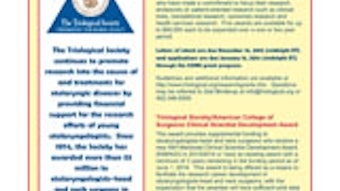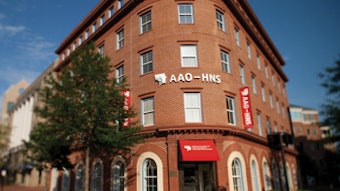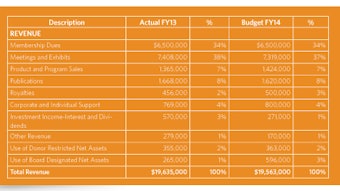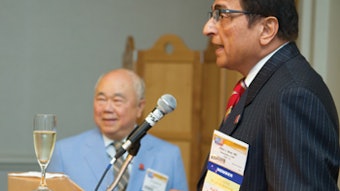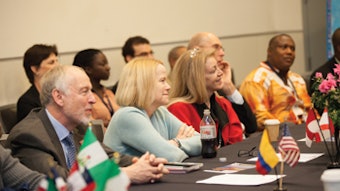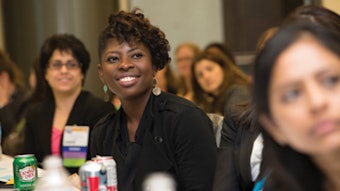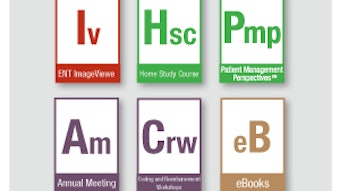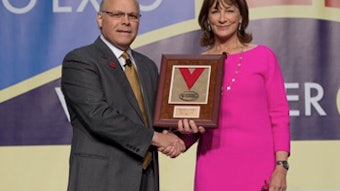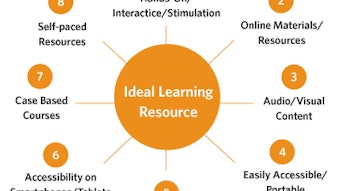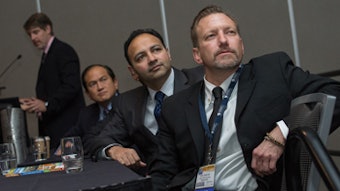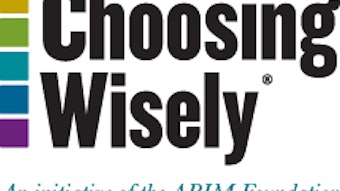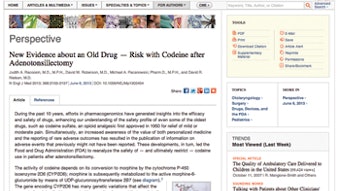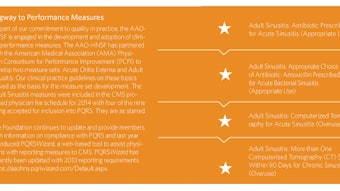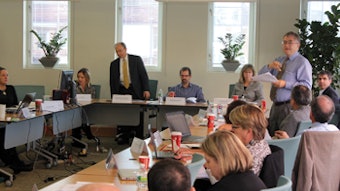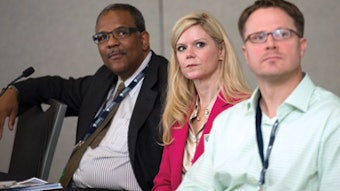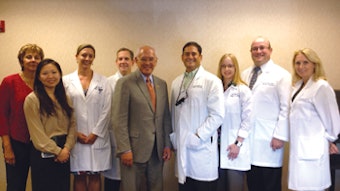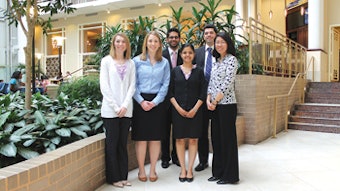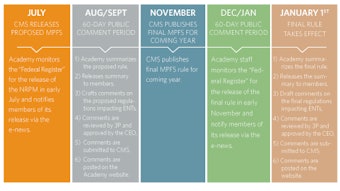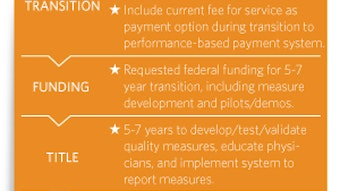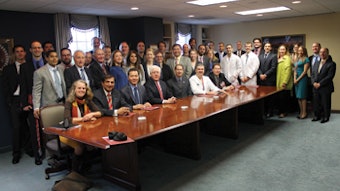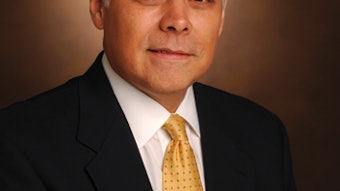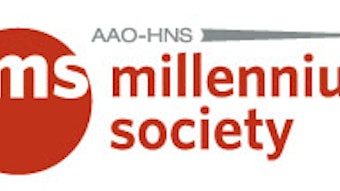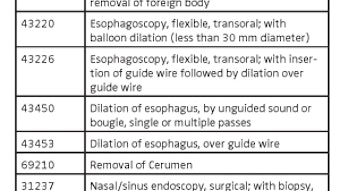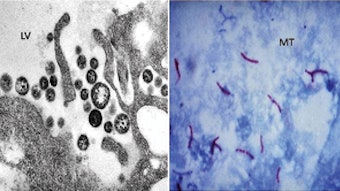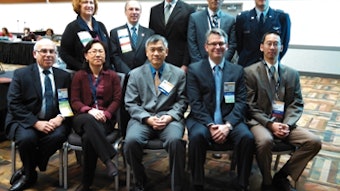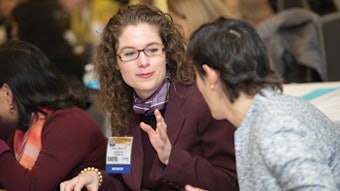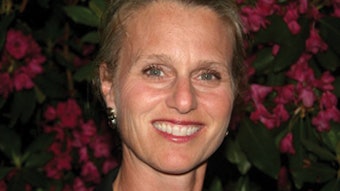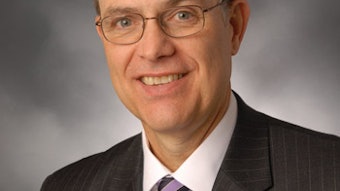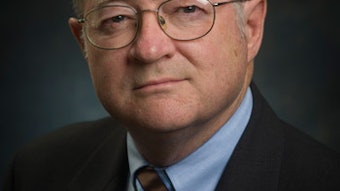2013 Annual Report: Special Interest and Standing Committees
With more than 70 special interest and Academy standing committees, there are hundreds of opportunities to become involved as has Board member and Ethics Committee Chair, Lauren Zaretsky, MD, for example. On November 1, the call for committees was made available to members. This allows all members an equal opportunity to indicate their desire to become involved in the future of the Academy for the 2014 committee year. New resources are being launched to make involvement easier and more effective. Development is under way for a new member engagement web portal to make involvement in committees and Academy activities much more convenient for everyone involved. Humanitarian Efforts Engaging in the Academy is not only done at home. Huge contributions can also be made abroad through surgical missions, visits to teach newer surgical technologies (e.g., endoscopic sinus surgery), or research efforts to understand the scope of ENT diseases in developing countries. Awards and recognition is well deserved through our members’ commitment to Humanitarian efforts. This year, the Academy’s Distinguished Award for Humanitarian Service was awarded to James E. Saunders, MD, in recognition of his exemplary life-long dedication to the otologic and hearing healthcare for patients worldwide, particularly those in Nicaragua, and for the education and training of a generation of otolaryngology staff and residents in ear surgery. In addition, 29 Humanitarian Travel Grants were awarded to residents and fellows-in-training in 2013 to offer services in 15 less-developed countries. In addition to the grants, this year the awardees had the opportunity to provide educational tools and other “members-only” materials from the Academy to train their colleagues in these countries. Women in Otolaryngology (WIO) Section Created in 2010, the WIO Section offers women otolaryngologists the opportunity to strengthen their career support systems and skills through networking events, professional development, and mentoring programs. As with the SRF Section, all women who are members of the Academy are automatically members of the WIO Section. Through its leadership infrastructure, there are ample opportunities for members to demonstrate their leadership abilities and influence the Academy’s future. This year, the Section initiated and increased networking for Women in Otolaryngology via electronic and written communications, programs and speakers. Christina Surawicz, MD, was well received as the guest speaker at the WIO General Assembly in Vancouver, addressing issues of importance to women in leadership positions. More than 250 members attended the event—a record crowd. Specialty Society Advisory Council (SSAC) SSAC is vital to the Academy as it serves as a conduit for improved communication and identification of shared opportunities for the Academy and the otolaryngology specialty societies. This past year, SSAC, led by Albert L. Merati, MD, made some changes to its Governing Articles, now providing for a two-year term for its chair, which will enhance the effectiveness of the council and provide consistency in strategy.
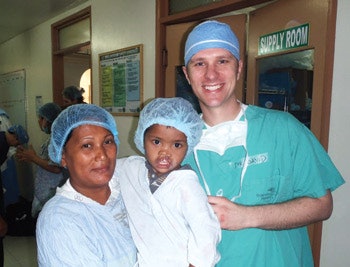
On November 1, the call for committees was made available to members. This allows all members an equal opportunity to indicate their desire to become involved in the future of the Academy for the 2014 committee year. New resources are being launched to make involvement easier and more effective. Development is under way for a new member engagement web portal to make involvement in committees and Academy activities much more convenient for everyone involved.
Humanitarian Efforts
Engaging in the Academy is not only done at home. Huge contributions can also be made abroad through surgical missions, visits to teach newer surgical technologies (e.g., endoscopic sinus surgery), or research efforts to understand the scope of ENT diseases in developing countries. Awards and recognition is well deserved through our members’ commitment to Humanitarian efforts. This year, the Academy’s Distinguished Award for Humanitarian Service was awarded to James E. Saunders, MD, in recognition of his exemplary life-long dedication to the otologic and hearing healthcare for patients worldwide, particularly those in Nicaragua, and for the education and training of a generation of otolaryngology staff and residents in ear surgery. In addition, 29 Humanitarian Travel Grants were awarded to residents and fellows-in-training in 2013 to offer services in 15 less-developed countries. In addition to the grants, this year the awardees had the opportunity to provide educational tools and other “members-only” materials from the Academy to train their colleagues in these countries.
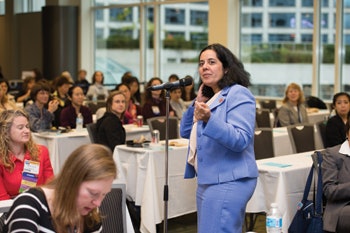
Created in 2010, the WIO Section offers women otolaryngologists the opportunity to strengthen their career support systems and skills through networking events, professional development, and mentoring programs. As with the SRF Section, all women who are members of the Academy are automatically members of the WIO Section. Through its leadership infrastructure, there are ample opportunities for members to demonstrate their leadership abilities and influence the Academy’s future. This year, the Section initiated and increased networking for Women in Otolaryngology via electronic and written communications, programs and speakers. Christina Surawicz, MD, was well received as the guest speaker at the WIO General Assembly in Vancouver, addressing issues of importance to women in leadership positions. More than 250 members attended the event—a record crowd.
Specialty Society Advisory Council (SSAC)
SSAC is vital to the Academy as it serves as a conduit for improved communication and identification of shared opportunities for the Academy and the otolaryngology specialty societies. This past year, SSAC, led by Albert L. Merati, MD, made some changes to its Governing Articles, now providing for a two-year term for its chair, which will enhance the effectiveness of the council and provide consistency in strategy.

